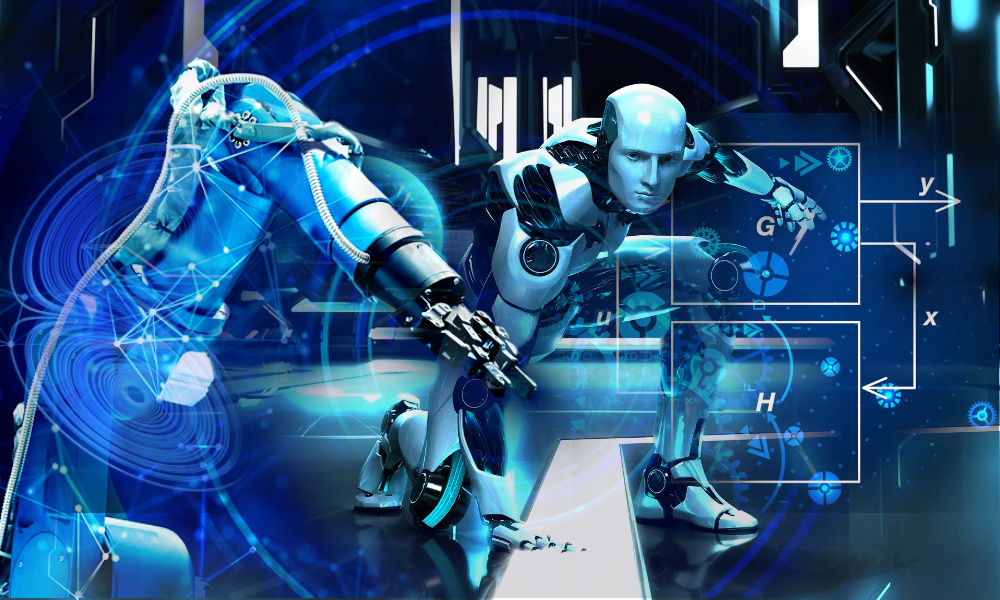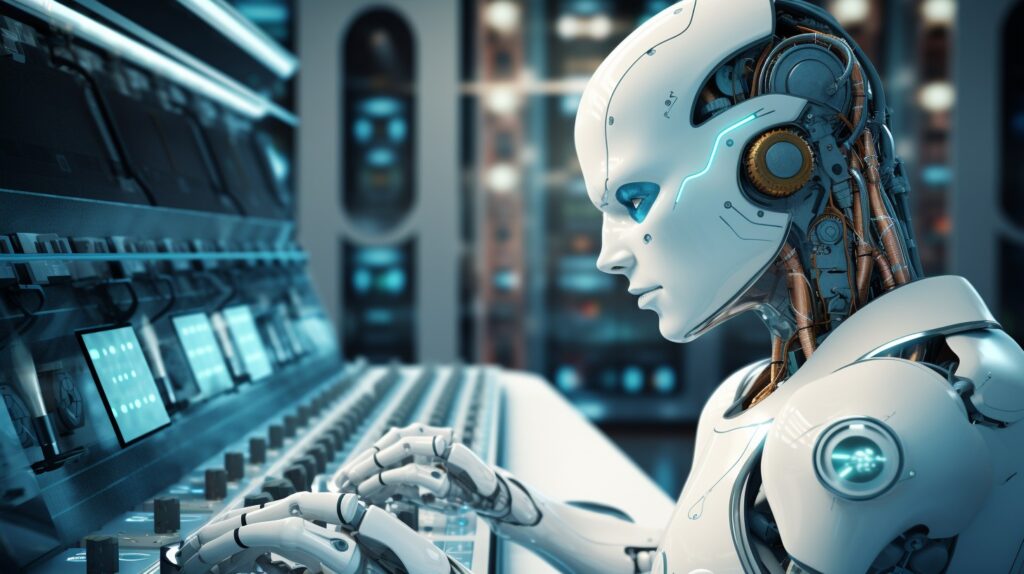In the not-so-distant future, personal robots are poised to become an integral part of our daily lives, revolutionizing the way we work, interact, and navigate the world. As these sophisticated machines evolve from science fiction to reality, their impact on human behavior and society is both profound and multifaceted. From reshaping social dynamics to redefining notions of productivity and companionship, personal robots hold the potential to usher in a new era of human-robot interaction.

Redefining Relationships and Social Dynamics
Personal robots have the capacity to blur the lines between human and machine, challenging traditional notions of companionship and social interaction. As these robots become more lifelike and emotionally intelligent, they have the potential to serve as confidants, caregivers, and even friends for individuals of all ages. From providing companionship for the elderly to serving as playmates for children, personal robots have the ability to fill social voids and enhance overall well-being.
However, the integration of personal robots into our social fabric also raises ethical and philosophical questions about the nature of human relationships. Will our interactions with robots diminish the value of human connections, or will they complement and enrich our social lives in unforeseen ways? As we grapple with these questions, it is imperative to approach the development and deployment of personal robots with sensitivity and mindfulness.
Transforming Work and Productivity
In the workplace, personal robots have the potential to revolutionize productivity and efficiency across industries. From performing routine tasks to assisting with complex decision-making processes, these robots can augment human capabilities and streamline workflows. By automating repetitive tasks and freeing up human workers to focus on more creative and strategic endeavors, personal robots have the power to drive innovation and economic growth.
However, the widespread adoption of personal robots also raises concerns about job displacement and the future of work. As automation reshapes the labor market, it is essential to invest in education and training programs that equip workers with the skills needed to thrive in a rapidly evolving economy. Additionally, ethical considerations surrounding the use of personal robots in the workplace, such as data privacy and algorithmic bias, must be addressed to ensure equitable and responsible deployment.
Cultivating Empathy and Emotional Intelligence
One of the most remarkable aspects of personal robots is their potential to cultivate empathy and emotional intelligence in humans. By simulating human-like behaviors and responses, these robots have the capacity to evoke genuine emotional responses and forge deep connections with their human counterparts. From providing emotional support to individuals struggling with mental health issues to facilitating therapeutic interventions for children with autism, personal robots have the ability to enhance emotional well-being and foster empathy in society.
However, the development of emotionally intelligent robots also raises ethical considerations regarding the boundaries between human and machine. As personal robots become more adept at understanding and responding to human emotions, it is essential to establish clear guidelines and safeguards to protect against potential misuse or manipulation. Additionally, fostering a culture of empathy and compassion in human-robot interactions is crucial for ensuring that these technologies are used ethically and responsibly.

Navigating Ethical and Societal Implications
As we stand on the brink of a new era of human-robot interaction, it is essential to approach the development and deployment of personal robots with caution and foresight. While these technologies hold immense promise for transforming human behavior and society, they also raise complex ethical, social, and philosophical questions that demand careful consideration.
From redefining relationships and social dynamics to reshaping work and productivity, personal robots have the potential to fundamentally alter the fabric of society. By engaging in open dialogue, thoughtful debate, and collaborative decision-making, we can harness the transformative power of personal robots to create a future that is more inclusive, equitable, and compassionate for all.
